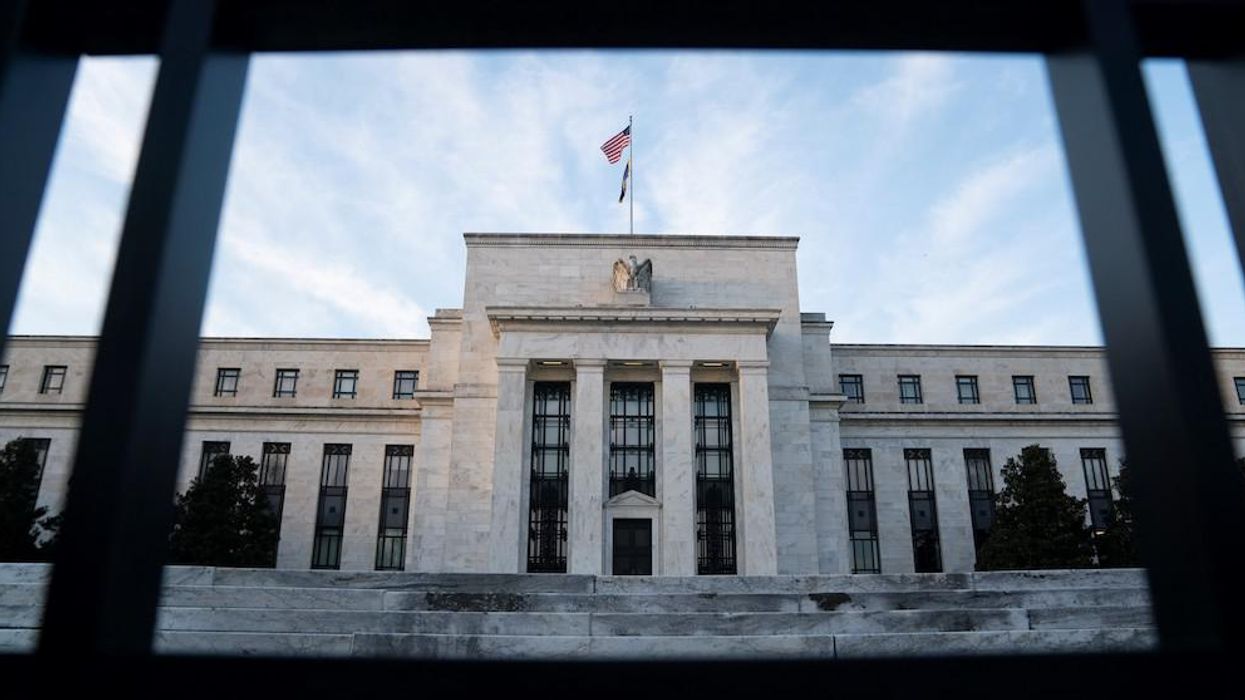
Photo by Liu Jie/Xinhua via Getty Images

It is expected that the Fed will raise the target rate after its meeting concludes Wednesday
The Federal Reserve has been very active with its monetary policy and resulting market intervention over the last decade and a half, and especially since March 2020 with its extraordinary measures taken in conjunction with the COVID pandemic. The Fed's actions, which included purchasing trillions of dollars in assets and keeping the target interest rate for overnight bank-to-bank lending (called the “fed funds rate”) near 0%, have meant that borrowers paid lower interest costs and savers haven’t been able to earn much of an interest return on their money. Moreover, these actions have been a significant factor in the increases in asset prices and spiking inflation.
The Fed's next scheduled meeting, which takes place Tuesday to Wednesday, is widely expected by investors to result in the Fed increasing the fed funds rate by 25 basis points as a first step toward helping to control inflation (100 basis points equals one percentage point, so 25 basis points is equal to a quarter of a percent). The Fed may also give guidance, or at least some clues, on whether authorities plan to undertake other actions that may impact interest rates, including future rate hikes and shrinking the balance sheet from some of those asset purchases.
How does this impact you?
The fed funds rate directly and indirectly impacts other interest rates in the market. If you have debt that has an adjustable interest rate, that means it changes (as opposed to fixed-rate debt, which is locked in at a particular interest rate), and when interest rates go up, so does the amount banks and other lenders will charge you for interest on that debt. For any adjustable interest rate debt, from credit card rates to mortgages that have an adjustable component, you will see those interest costs increase. You will also find that borrowing will start to become more expensive as well, in terms of the rate that you are being charged to take out a loan or take on other debt.
If you haven’t already taken advantage of low rates, you may want to consider locking in a fixed rate before they rise further.
On the savings front, unfortunately, because there is already so much money sloshing around the financial system, banks are not in substantial need of deposits to lend, and so they won’t likely be raising the rates they offer you on your savings accounts very much. With the latest CPI data showing the highest inflation in 40 years at 7.9% year over year, you definitely won’t be making up for the loss in your purchasing power with any interest income you may make by parking it in the bank.
If you have a business, note that your borrowing costs are likely to rise. And if you invest in individual stocks, take into account the strength of the company’s balance sheet, as companies' borrowing will also become more expensive and companies with high debt levels may become riskier investments.
Whether or not the Fed actions at this and subsequent meetings tame inflation — and if they do, how long it takes to do so — remains to be seen. With the challenges in the supply chain and the labor market, coupled with the ongoing issues related to energy, food, and precious metals exacerbated by the Russian invasion of Ukraine, inflation will likely get worse before it gets better (and, unless we see deflation, those cost increases will be permanent), so be prepared for that scenario as well.
Carol Roth
Contributor